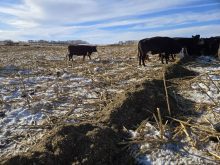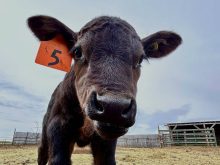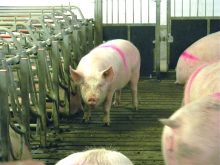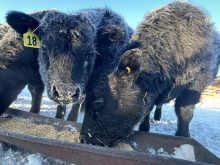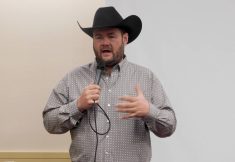It’s hard to imagine all parts of the beef industry coming together to dialogue on sustainability and to build partnerships. Toss in a cross-section of global competitors and a handful of environmental organizations, and you’ve seemingly got a recipe for conflict.
Yet, the Global Conference on Sustainable Beef, hosted by the World Wildlife Fund and attended by beef-industry heavyweights from multiple countries, generated surprising agreement.
The by-invitation only conference, held in Denver this past November, resulted in environmental groups and key beef-industry leaders from around the world officially committing to supporting the international beef industry’s sustainability and future growth, and vowing to build upon partnerships formed at the conference.
Read Also
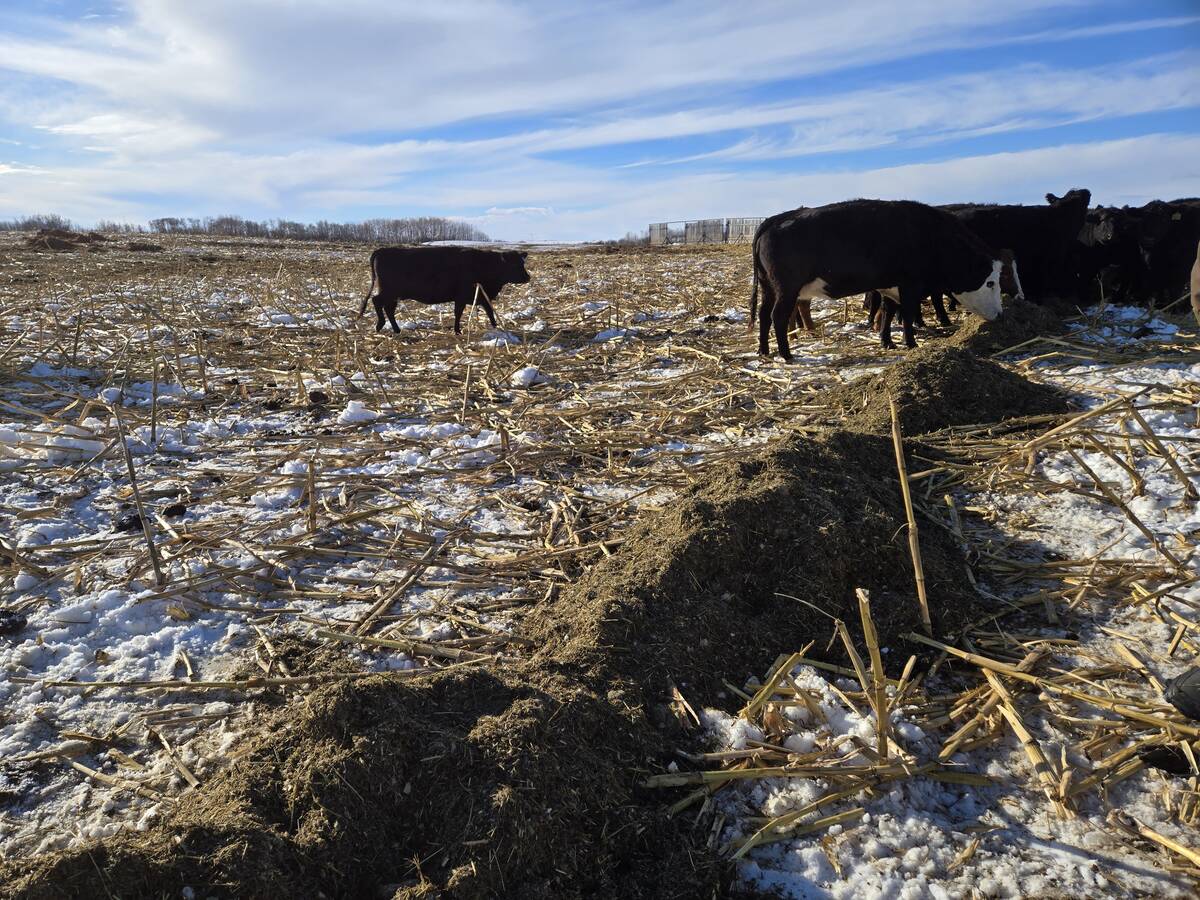
Winter grazing tour highlights cost-saving mix of cover crops and silage
Discover one beef producer’s strategies to slash winter feed costs — and how to make sure it meets a cattle’s nutritional needs.
“Although the beef industry is fiercely competitive at many different levels, there is an understanding that to grow the overall beef pie is a good thing for all of us,” says Peggy Strankman, manager of environmental affairs for the Canadian Cattlemen’s Association (CCA ) and a conference attendee.
“We can challenge each other for a bigger share of a bigger pie… But for the good of everyone in the chain, we need to get a safe, nutritious, affordable product into the hands of the consumer in a way that is economically, environmentally and socially sustainable.”
With the world’s population expected to exceed nine billion by 2050, the conference’s primary discussions centred on the how, the where, and the impacts of sustain-ably increasing beef production.
“When you look at the need to increase food production so significantly and in such a relatively short time, the question of environmental sustainability – and the question of plain sustainability of just producing that much food – becomes very important,” says Strankman.
Part of the challenge is the interrelated nature of the global food system – decisions made in one part of the beef industry can have far-reaching ripple effects in other parts and decisions made in one country can impact the entire global industry. Therefore, successfully approaching the big questions of sustainability requires commitment and active involvement from all sides.
Broad sponsorship base
The very fact the conference was co-sponsored by such unlikely partners as Cargill, Walmart, McDonald’s, Intervet (Schering-Plough’s animal health division), and Brazil’s JBS (the world’s largest beef processor) indicates this event overcame traditional boundaries. The 300 participants represented almost all of the major beef-producing nations of the world. Participants were chosen based on their specific involvement with the beef industry, or their involvement in sectors affected by the beef industry such as conservation.
The organizers were “very serious about having a real conversation about the beef industry,” says Strankman.
“They wanted people there who were interested in truly exploring the sustainability of the beef industry. They didn’t want anyone there who was going to slam the industry, because that wouldn’t have made for productive conversation.”
The conference was intended as an initial step in what organizers hope will be ongoing discussions at international, national, regional and local levels about beef sustainability. Conference participants and organizers agreed to pursue these conversations in their companies, industries, and political arenas. The World Wildlife Fund committed to acting as a focal point for sharing of information.
“This was an unprecedented event and a great first step in our journey to achieve a more sustainable beef industry,” Jason Clay, WWF’s senior vice president of markets, said in a press release.
“On a planet with finite resources, global beef stakeholders understand the business, social and environmental value of doing more with less. Through this multi-stakeholder process, we will build on existing practices and drive continuous improvement throughout the global beef system.”
———
“Thiswasanunprecedentedeventandagreatfirststepinourjourneytoachieveamoresustainablebeefindustry.”
JASON CLAY
SENIOR VICE-PRESIDENT OF MARKETS,
WORLD WILDLIFE FUND


